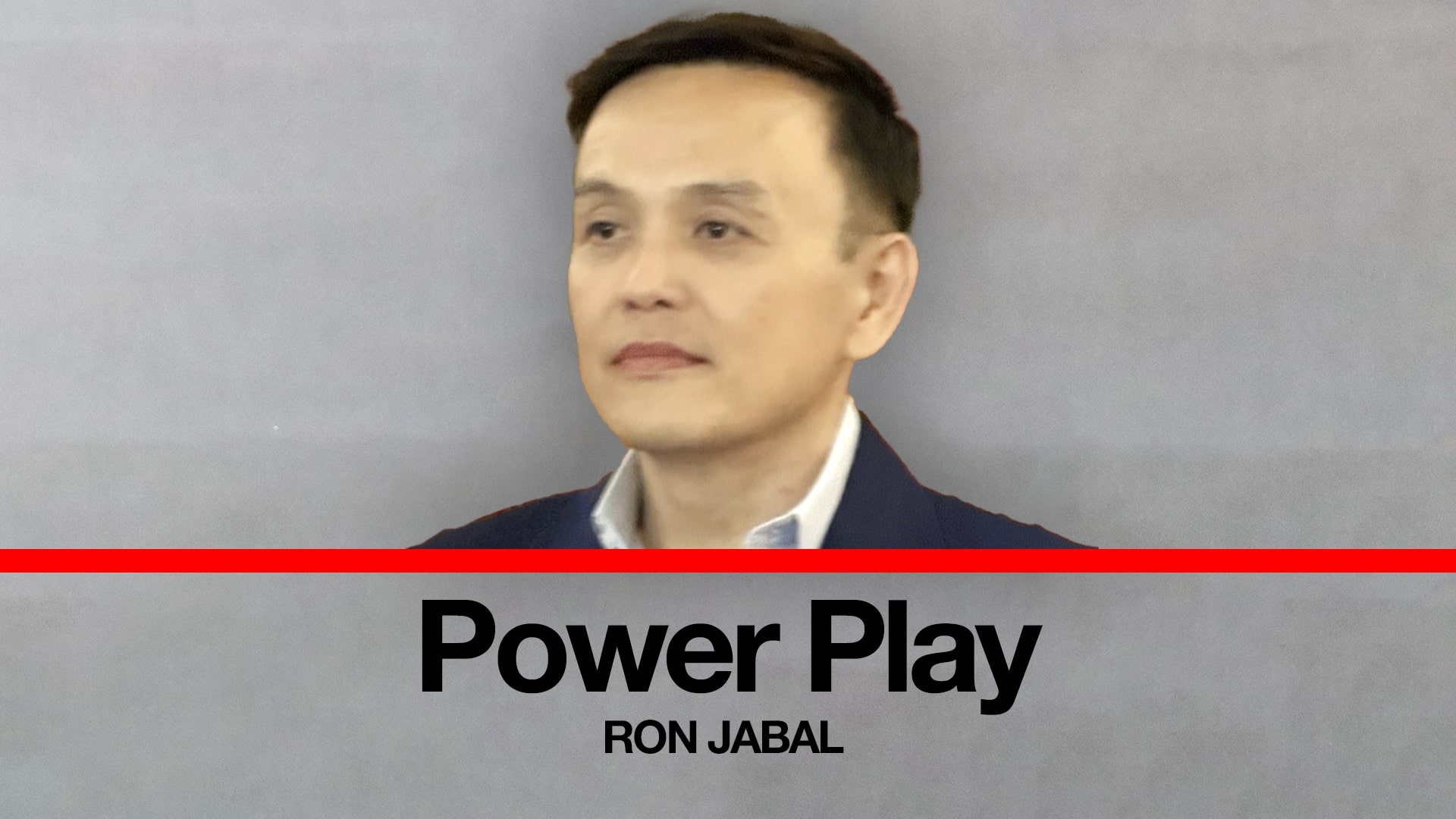Senator Bong Go’s re-election in the 2025 midterm polls, despite growing public scrutiny and more dynamic contenders, has once again been attributed to a single flagship initiative: the Malasakit Center. Prominently branded and frequently televised, these centers supposedly represent Go’s tangible commitment to helping ordinary Filipinos access medical aid. But behind the photos, banners, and televised hospital visits lies a more complex and arguably more problematic narrative.
Let’s interrogate what the Malasakit Center really is: a one-stop help desk that consolidates government medical assistance from agencies like PhilHealth, DOH, PCSO, and DSWD. It’s a coordination mechanism, not a new health service. These agencies have long had individual mandates to provide aid. What the Malasakit Centers did was bundle them in one desk and then brand the effort under Bong Go’s political identity.
And herein lies the issue.
Government Service, Politicized
What should have remained a neutral public service has been transformed into a personal brand. From center signage to patient leaflets to televised distributions of assistance, the image of Bong Go is ever-present. This blurs the line between public service and political propaganda.
By associating routine government assistance with a single politician, the program subtly conditions beneficiaries to equate aid with personal loyalty. It fosters a form of transactional politics that weakens democratic expectations: instead of demanding institutional improvements, citizens are nudged to thank and vote for personalities.
Aid Is Not a Privilege
The tragedy is this: in a country with a broken public health system, access to assistance should not feel like a favor. It is a right. By packaging basic services as benevolence, the Malasakit program distracts from structural issues. What about improving PhilHealth efficiency? Expanding rural health units? Training and paying frontline workers better? These are reforms we rarely hear from the senator.
Instead, the model of governance advanced by Go is rooted in visibility over reform. It’s the politics of pasasalamat rather than accountability. It doesn’t build a stronger health system. It builds name recall.
A Warning for the Electorate
The Malasakit Center may have delivered votes, but has it delivered meaningful, sustainable health reform? That’s the question voters must begin to ask. As a nation, we must resist being swayed by branded compassion and instead demand measurable impact. What happens when the cameras are off? What systems are being strengthened? What laws are being passed?
If our votes are won by photo ops and signage, we risk entrenching a style of politics where the illusion of care replaces the hard work of governance. Bong Go may have trademarked “malasakit,” but public service, ideally, was never meant to be a campaign slogan.
True compassion lies not in visibility but in transformation. The next time we’re offered “malasakit,” let’s ask: is it for the people or for the polls?









